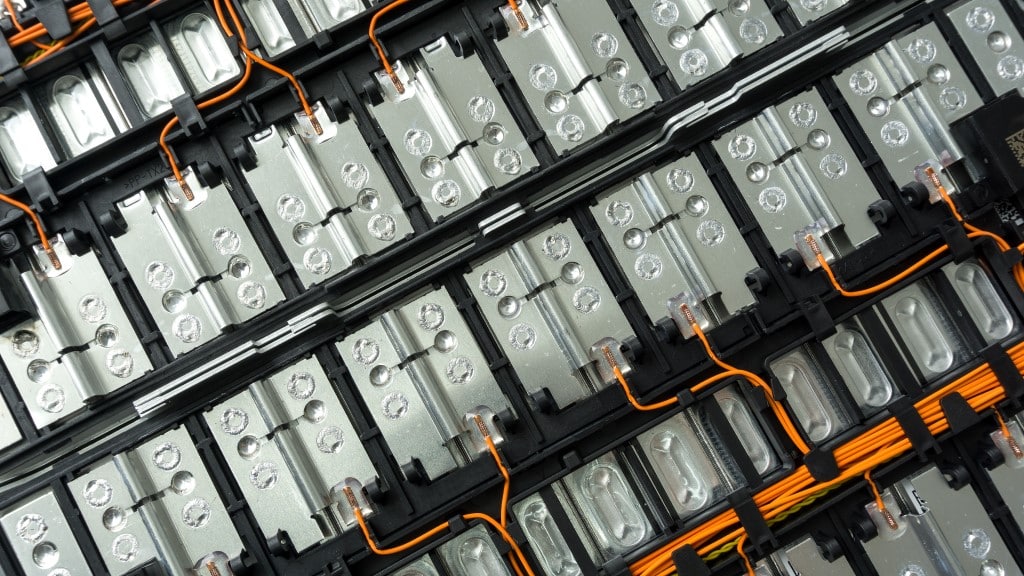Japan updates lithium-ion battery safety standards for enhanced monitoring and fire prevention
- April 10, 2024
- 11:32 am


Iain Hoey
Share this content
Japan adopts new international standards for lithium-ion batteries
In a significant move towards bolstering the safety of lithium-ion batteries, Japan’s Ministry of Economy, Trade, and Industry (METI) announced the replacement of the DENAN Standard J62133-2 (2021) Appendix 9 with Appendix 12 of the International Electrotechnical Commission (IEC) standard 62133-2 (2017).
This transition, utilising detailed guidance and support from UL Solutions Japan, is effective by December 27, 2024 and aims to incorporate more rigorous monitoring methods and safety requirements for portable secondary batteries under the Electrical Appliances and Materials Safety Act.
The new standard focuses on preventing fire accidents by introducing comprehensive testing measures, including constant charging and temperature cycling tests.
Advantages of the new standard for manufacturers and importers
The adoption of Appendix 12 introduces a methodical approach to monitoring each cell or cell block within a battery pack, a procedure not specified in the former Appendix 9.
This development is expected to facilitate easier, faster, and more precise battery monitoring, significantly reducing the complexities and costs associated with achieving Product Safety Electrical Appliance and Material (PSE) certification.
This change is particularly beneficial for manufacturers, importers, and exporters engaged in the Japanese and international markets, ensuring compliance with safety standards.
Preventing fire accidents through enhanced battery testing
Appendix 12 is strategically designed to mitigate the risks associated with the overcharging of lithium-ion batteries, addressing a critical safety concern.
The standard specifies several tests, including battery cells’ constant charging for 28 days, temperature cycles, low pressure simulation, high-rate charging, and overcharge protection.
These measures aim to enhance the safety and reliability of lithium-ion batteries, contributing to the prevention of fire accidents.
The evaluation of compliance with Appendix 12 standards may rely partly on CB IEC Test Reports and Certificates, albeit with a requirement for case-by-case verification to ensure adherence to all necessary items and Japanese national differences.
Seeking further information and compliance guidelines
For manufacturers and stakeholders looking to navigate the transition from Appendix 9 to Appendix 12, METI and UL Solutions Japan offer detailed guidance and support.
Stakeholders are encouraged to consult these resources for comprehensive information on the new requirements and assistance in ensuring compliance with the updated standards.
IFSJ Comment
The transition to IEC standard 62133-2 (2017) Appendix 12 by Japan’s METI, with guidance from UL Solutions Japan, underscores the importance of proactive measures in preventing fire hazards associated with battery technologies.
By introducing rigorous testing procedures and enhancing monitoring capabilities, Japan sets a an example of regulatory adaptation to technological advancements.

